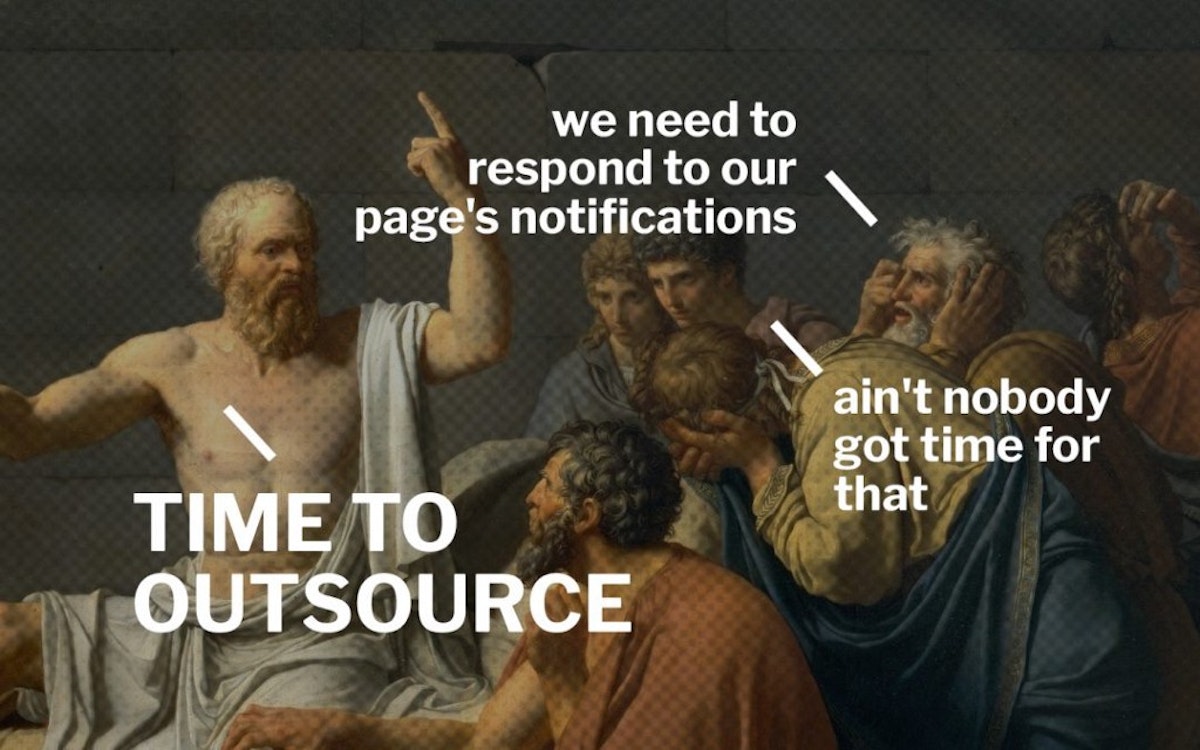657 reads
5 Software development outsourcing risks and how to mitigate them
CEO at BinaryFolks, ex-Google, ex-Amazon, ex Salesforce
Learn More
LEARN MORE ABOUT @JYOTIRMAY-SAMANTA'S
EXPERTISE AND PLACE ON THE INTERNET.
EXPERTISE AND PLACE ON THE INTERNET.
TOPICS
THIS ARTICLE WAS FEATURED IN...
L O A D I N G
. . . comments & more!
. . . comments & more!


Share Your Thoughts